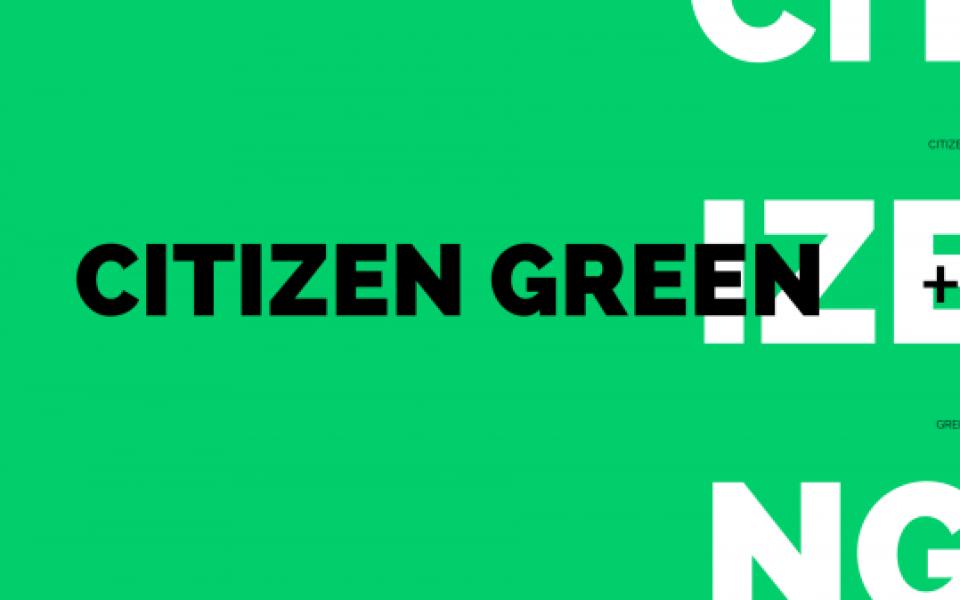An extraordinary story published by the Portland Mercury on Monday details the undercover work of a Navy veteran named “Ben” (not his real name) who infiltrated Patriot Prayer, a pro-Trump group of provocateurs who periodically go to ultra-liberal Portland, Ore. to instigate fights. Incredibly, Ben would stream footage of Patriot Prayer members scuffling with antifascists and conducting impromptu strategizing to his friends on his closed Facebook page, even stepping away occasionally to provide explainers and calling to antifascists and area businesses to give them advance warning of Patriot Prayer’s plans.
The Mercury reports that Ben’s footage helped the Portland police
secure arrest warrants against Patriot Prayer leader Joey Gibson and five other
members of his group, leading to indictments on felony charges of inciting a
riot, stemming from a fight between Patriot Prayer and antifascists at a venue
fittingly named Cider Riot on May 1.
Ben’s undercover work and the Mercury story also sheds some light on
the MO of right-wing journalist-provocateur Andy Ngo. Ben told the Mercury that “Ngo doesn’t film Patriot
Prayer discussing strategies or motives,” but “only turn his camera on when
members of antifa enter the scene.”
The story describes Patriot Prayer
planning the May Day attack on antifa, with a few men trying to gauge the wind
direction to avoid pepper-spraying themselves, another man swinging a wooden
dowel like a baseball bat, and another man telling someone on speakerphone,
“There’s going to be a huge fight,” and then giving directions to Cider Riot. Ngo
can be seen in Ben’s video periodically smiling, but not filming as the Patriot
Prayer members discuss their options for launching an attack.
“He overheard everything,” Ben told
the Mercury, “and said nothing.”
This is the same Ngo whom US Rep.
Mark Walker cited in a July 31 press release and posed with before introducing
a resolution “condemning antifa’s violence,” accusing the nebulous mobilization
of “regularly attack[ing] journalists,” among other offenses. (The bill is
currently awaiting action in the House Crime, Terrorism and Homeland Security
Subcommittee.) Ngo was repeatedly punched and milkshaked, reportedly leading to
a brain hemorrhage, by left-wing activists during a June 29 rally in Portland.
Beyond the fact that antifa has not killed anyone, in comparison to white
nationalist terrorists like the El Paso shooter and Dylann Roof, it seems odd
that Walker would choose Ngo as a poster representative of journalistic
freedom. After all, Walker’s Greensboro-area Congressional district is on the other
side of the country from Portland. Unless you consider that Ngo has amassed a
huge following, thanks in no small part from an appearance on Fox News’ “Tucker
Carlson Tonight” on July 1. In which case, it makes perfect sense.
* * *
I contend it’s usually a terrible idea for a writer to interject themselves into a feature story. It’s generally an approach that’s lazy and self-involved, and fails to actually take the measure of the subject. But in a profile of Neil Young, writer David Samuels’ involvement in the story actually illuminates the brilliant and prickly songwriter and guitarist who set the template for grunge.
The weirdest, funniest and most poignant
part of the story comes 11 paragraphs in, when Samuels quotes Young as saying,
“I really wish this interview hadn’t happened.”
Samuels responds, “I feel horrible.”
He explains to his readers: “I was hoping to soothe the old rock star, who
spoke to me through the headphones of my Sony Walkman at the moments I felt
most isolated and alone. The last thing I wanted to do was make him feel bad.
It felt awful. What I wanted was to hear him play music and write more songs.”
He tells Young: “I mean, the worst
thing I could have done is to make you feel defeated, and now that’s what I’ve
done.”
The source of Young’s despair is
also the meditative leitmotif of the article. During the interview, Young
worked himself into a state of righteous fury at Silicon Valley’s role in
transforming recorded sound. “Silicon Valley’s emphasis on compression and
speed, [Young] believes, comes at the expense of the notes as they were
actually played and is doing something bad to music, which is supposed to make
us feel good,” Samuels writes. “It is doing something bad to our brains.”
If Young’s obsession with the evils
of music streaming sounds halfcocked, Samuels makes a compelling case that
there’s something fundamental riding on the question. He finds a commonality
with Young in that both are fathers of sons who suffer from neurological
disorders. In a flash, Samuels surmises what ties together Young’s obsessions
and explains why his music is so sublime.
“They are centered in a common
understanding of experience and how it shapes us,” he writes. “Human
development is led by our senses. Our senses exert a formative and shaping
pressure on our brains. So if our experience of the world around us can damage
our brains and souls, it makes a kind of intuitive sense that music can also
help us feel better. Every musician, and every music fan, believes that.”
Join the First Amendment Society, a membership that goes directly to funding TCB‘s newsroom.
We believe that reporting can save the world.
The TCB First Amendment Society recognizes the vital role of a free, unfettered press with a bundling of local experiences designed to build community, and unique engagements with our newsroom that will help you understand, and shape, local journalism’s critical role in uplifting the people in our cities.
All revenue goes directly into the newsroom as reporters’ salaries and freelance commissions.


Leave a Reply